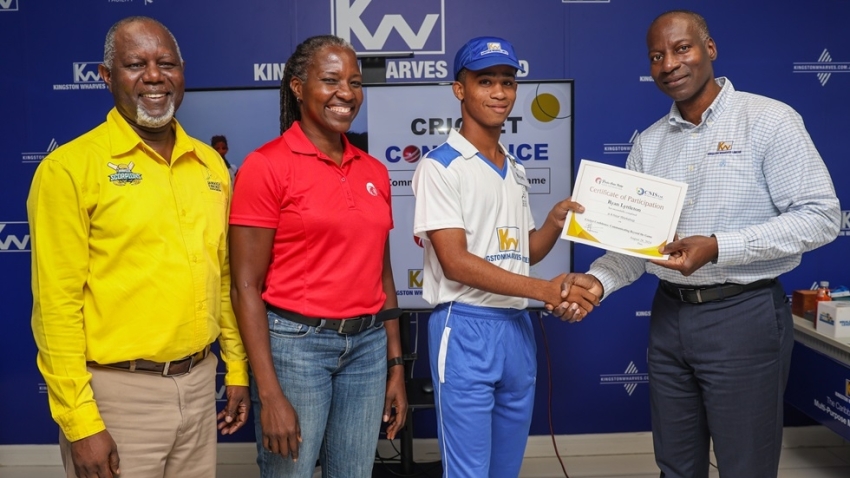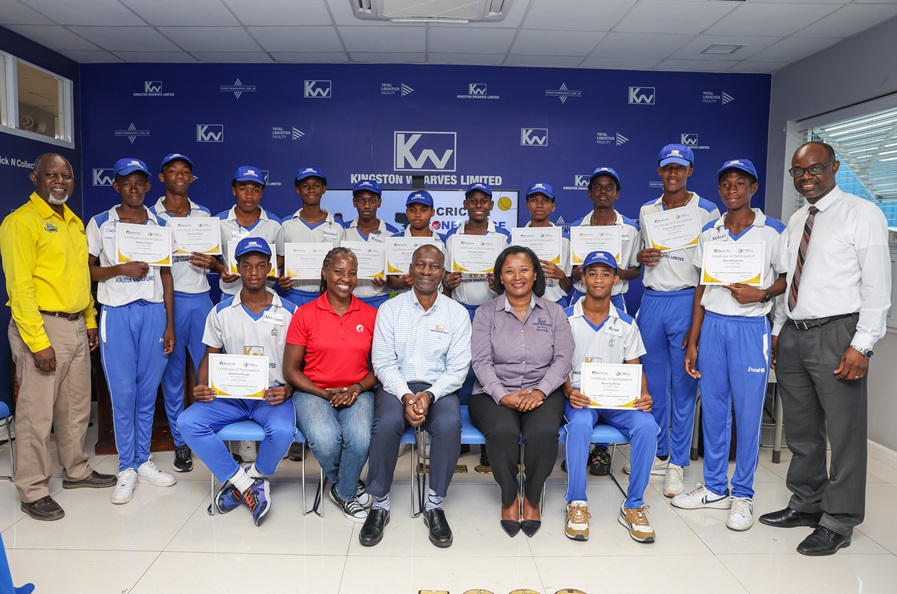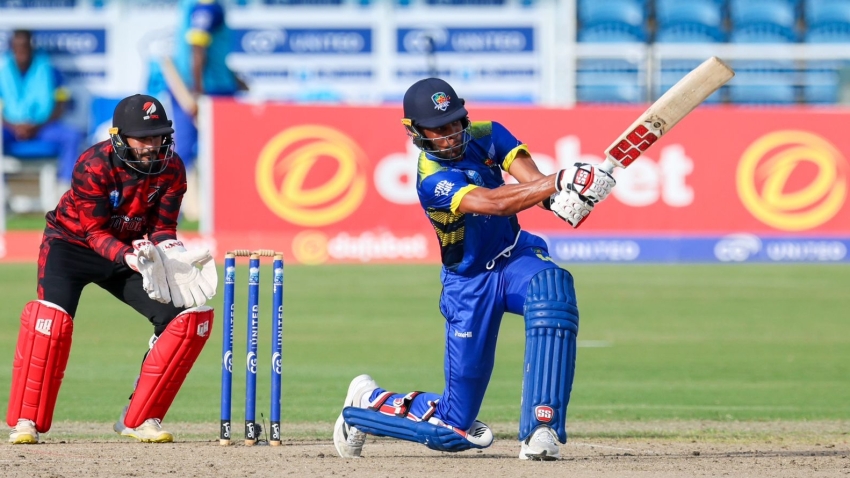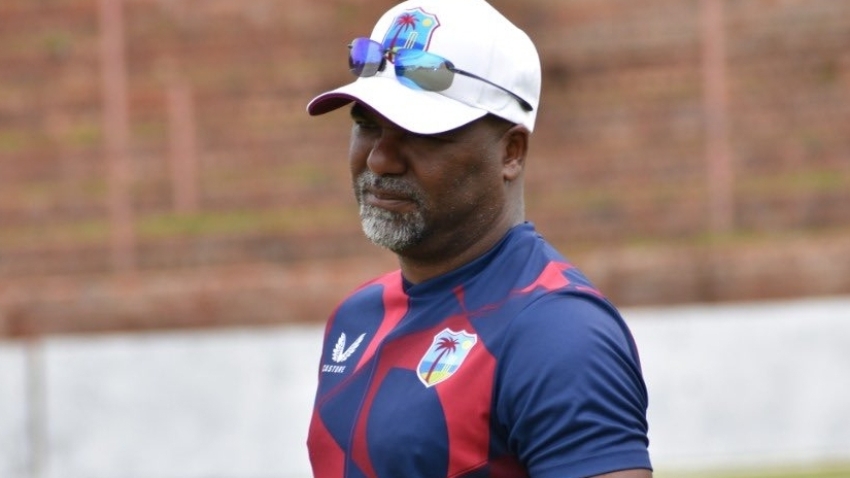West Indies Head coach Andre Coley is exuding quiet confidence as his team prepares for their upcoming two-match Test series against Bangladesh.
With the matches—scheduled for November 22-26 in Antigua and November 30 to December 4 in Kingston—marking the final home series in the current World Test Championship cycle, Coley is determined to see the Caribbean side end the year on a high note after recent setbacks.
The West Indies are coming off a disappointing tour of South Africa, where they failed to capitalize on key moments and eventually lost that two-match series 1-0 after the first game ended in a draw. Reflecting on those matches, Coley stressed the importance of learning from the past and seizing the opportunity to close out this series on a strong note.
“Coming off the disappointment of the South Africa series, we put ourselves in a position to close out that series, and we didn’t. So the opportunity is there for us to do so against Bangladesh now, and it is very important for us to come up with a winning result on home soil,” Coley said in a pre-series interview.
“We’ve always had exciting and challenging series against Bangladesh, and this series offers a chance to create momentum as we head into tougher assignments in Australia and Pakistan,” he added.
Coley and his team, which includes players from the regional 50-over tournament and recent white-ball series, are currently in Antigua fine-tuning preparations ahead of Friday’s first day.
Despite initial weather disruptions, Coley pointed out that the team has had productive sessions, with all players fit and ready for action.
While West Indies boast a strong home record against Bangladesh, Coley is keen to keep his squad grounded. He recognizes the challenges posed by Bangladesh and the added intrigue of familiar faces on the opposition side, including Bangladesh Head coach Chandika Hathurusingha, a figure Coley knows well.
“Each match brings a different opportunity. We have players who’ve been successful against Bangladesh, both home and away, but we also have some new players who wouldn’t have played in any of those series. So it’s an opportunity for senior players and emerging players to show what they are capable of and what we are capable of as a team,” Coley noted.
The series against Bangladesh serves as a vital stepping stone beyond the larger context of the World Test Championship, as West Indies sit at the foot of the standings in ninth on 20 points.
Still, with four matches left in the cycle, Coley is focused on building a cohesive unit capable of competing at the highest level.
“This series is about putting everything together from the last year and a half and ending the year in good form,” he declared.
That said, the Jamaican highlighted the importance of fan support, especially during the festive season. Cricket remains a unifying force in the Caribbean, and Coley hopes that fans will rally behind the team.
“I know that the West Indian fans really want us to do well and have been supportive in their own way because cricket means a lot to the region and the fans are very passionate about the game. Despite the nature of our squad, emerging and experienced players, everyone in the squad wants to do well, so I want to encourage the fans to come out and support us and give us that extra boost of encouragement at home,” Coley ended.






























